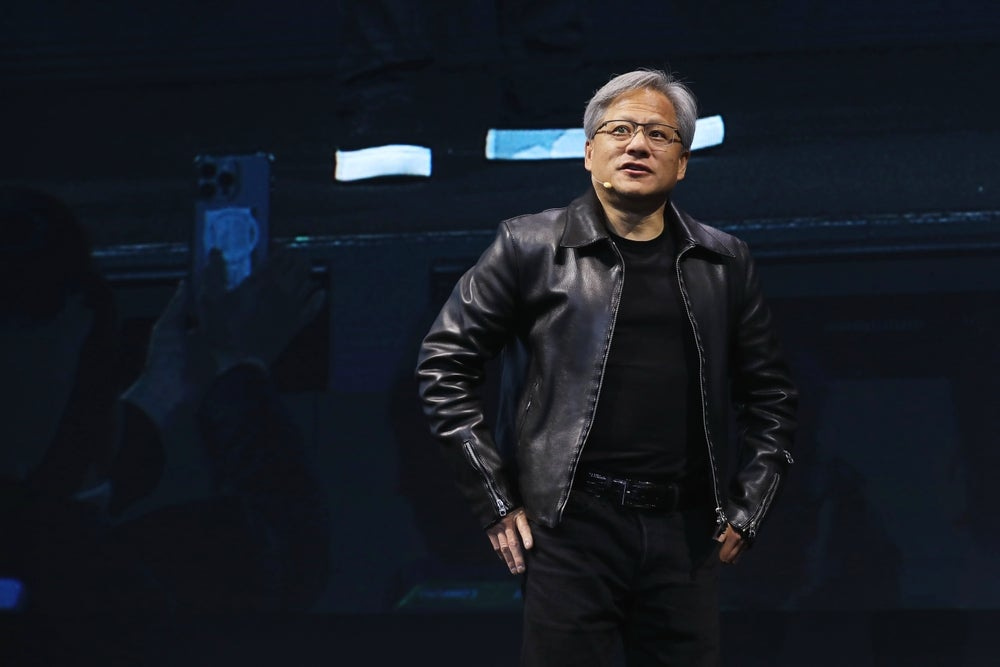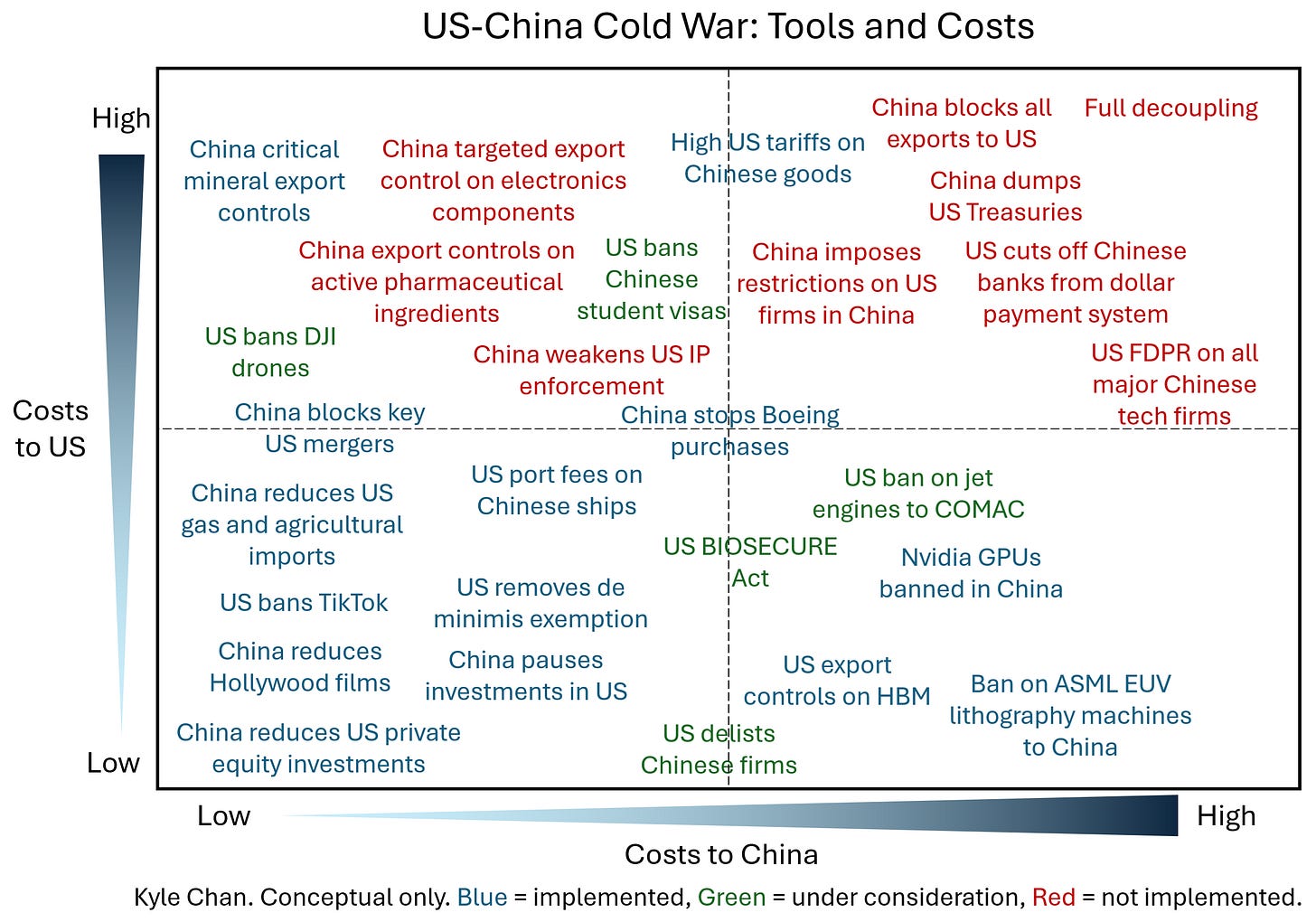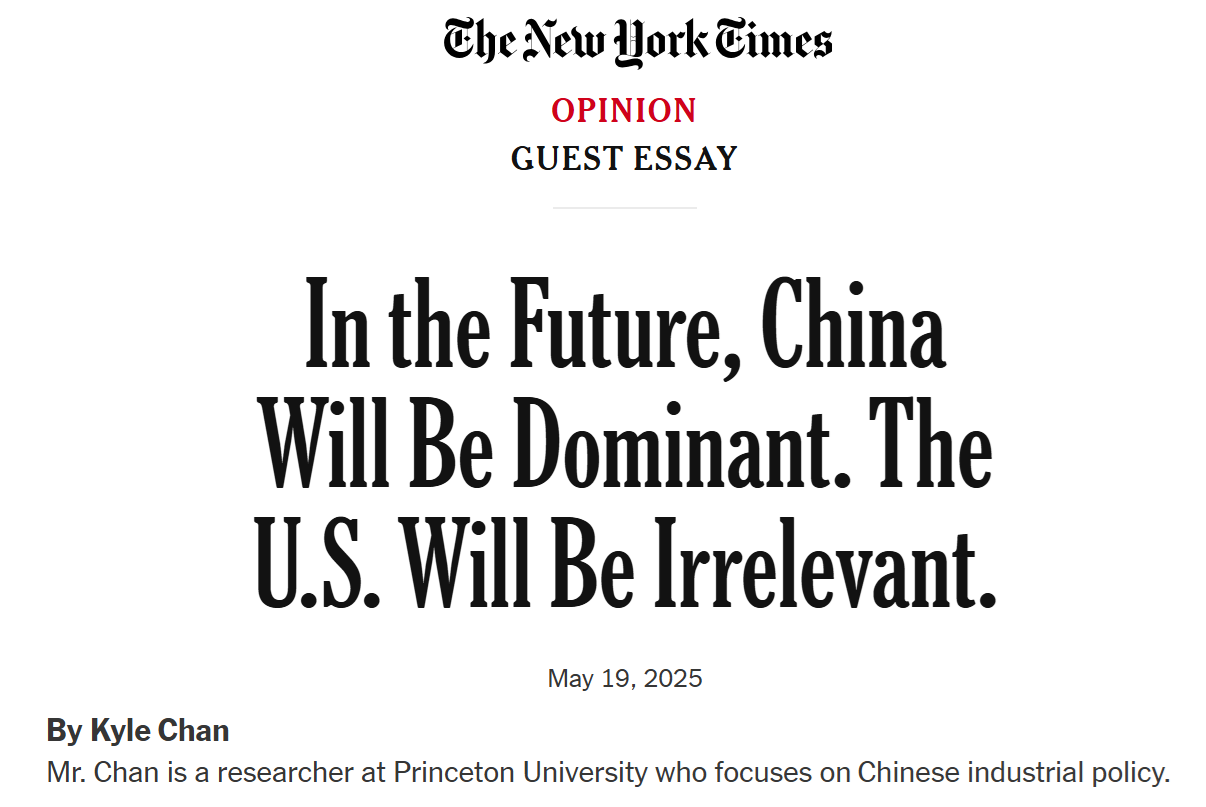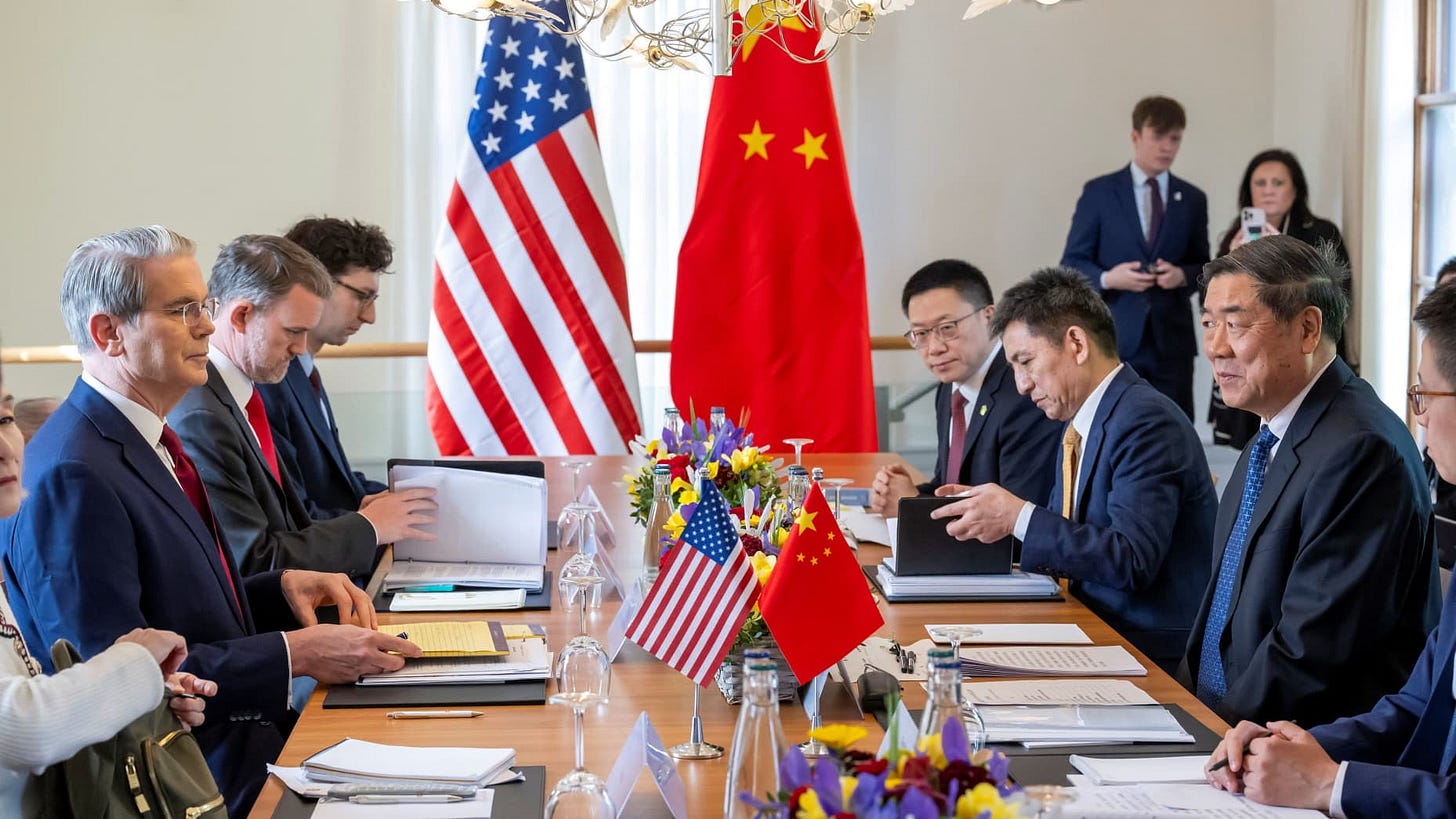[[{“value”:”
The reason I called this Newsletter nearly 4 years ago, AI Supremacy, is because I wanted it to cover the U.S. vs. China dynamic. While Huawei competes with Apple in the phone market, increasingly it looks like Huawei will compete with Nvidia in the AI chip market. Sounds crazy right?
The saga between the U.S. trying to prevent Huawei from becoming a serious global competitor to Nvidia one day in AI chips is super important to the future of AI. More important than most people realize, and listening to Nvidia’s CEO’s quotes on the topic are are fairly revealing.
Jensen Huang, the CEO of Nvidia, attended a media interview on Wednesday at the Computex Technology Show in Taipei. During the talks, Nvidia stated that US controls “turbocharged” Chinese rivals like Huawei to make competitive AI chips.
Obviously the U.S. is trying to prevent China from reaching anywhere near parity in AI chips. Although it could be argued China has now taken the global lead in open-weight large language models as Alibaba Qwen and DeepSeek have surged ahead, and Meta has faltered with its Llama models (delayed). Even with significant hardware limitations in AI chips, China has found a way.
I asked of AI Proem Newsletter to help us understand how good Huawei is getting. Kyle Chan of High Capacity Newsletter recently wrote an op-ed in the NYT warning of China’s improving capabilities and how the U.S. is at risk of becoming obsolete in the long-term.
As Nvidia sets up its new global HQ in Taipei, Taiwan, the stakes couldn’t be higher. It seems to be causing some friction in the trade talks between the U.S. and China. Nvidia CEO Jensen Huang has repeatedly said that U.S. chip export controls are a “failure.” Washington has been warning against using Chinese chips, “including specific Huawei Ascend chips.”
It’s not just Huawei’s Ascend 910C Washington is worried about but products like its AI CloudMatrix 384. The Huawei Ascend 910C is an AI accelerator designed to compete with Nvidia’s offerings, particularly in the Chinese market.
The U.S. Commerce Department’s Bureau of Industry and Security issued an alert last Tuesday warning of “the risks of using PRC advanced-computing ICs, including specific Huawei Ascend chips.” Many in the U.S. seem paranoid of China’s rising capabilities in AI. Could Huawei become a competitor to Nvidia’s monopoly on AI chips one day?
At Computex, an artificial intelligence trade show in Taiwan, Huang said the policies have cut the AI chip leader’s China market share from 95% to 50%. Sanctions on Nvidia chips to China have also cut into Nvidia’s revenue. Recently The White House scrapped the tiered “AI Diffusion Rule” rolled out by former President Joe Biden in January and promised to fully replace it in the future. Without AI chip bans to China, Nvidia would be considerably bigger today with even higher revenues and a Huawei competitor would likely not have emerged so quickly.
Jensen Huang on Huawei
“They’re incredible in computing and network technology, all these essential capabilities to advance AI,” Huang said. “They have made enormous progress in the last several years.” – Source.
Recently on ChinaTalk you might have read this great piece on Huawei by Mary Clare MacMahon. She also used Grace’s piece as reference found here. All to say that I find Grace Shao, Semianalysis, Kyle Chan, and Newsletters like ChinaTalk really helpful in digging a bit deeper on this topic.
Huawei’s Ascension as an AI Chip Power
“}]] Read More in AI Supremacy








